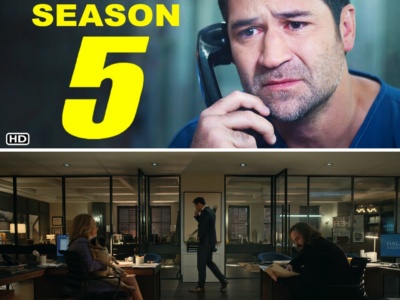The MCU’s antagonists have gotten complex over the years. Some even have noble intentions or good reasoning, but their mistakes make them villains.
In recent years, the Marvel Cinematic Universe has done a good job trying to present villains with a lot of depth and, sometimes, even some good points. This is a far cry from early MCU installments like Iron Man, where villains like Obediah Stain felt like an obligatory bad guy stapled to the end of a hero origin story. Many MCU villains have even come close to just being completely right, but they usually ruin it in one way or another.
Because Marvel has largely stopped using villains whose morals are all bad, like the Red Skull from Captain America: The First Avenger, they still need a reason for the hero to oppose them. One way Marvel seems to like to do this is by showing that these villains use the wrong methods, even if they have good beliefs. Often, the MCU heroes will internalize some of the villain’s message, which can be seen in movies like Black Panther.
10. Killmonger Has A Good Point About Colonialism, But He Wanted To Repeat It
Killmonger First Appeared In Black Panther (2018)
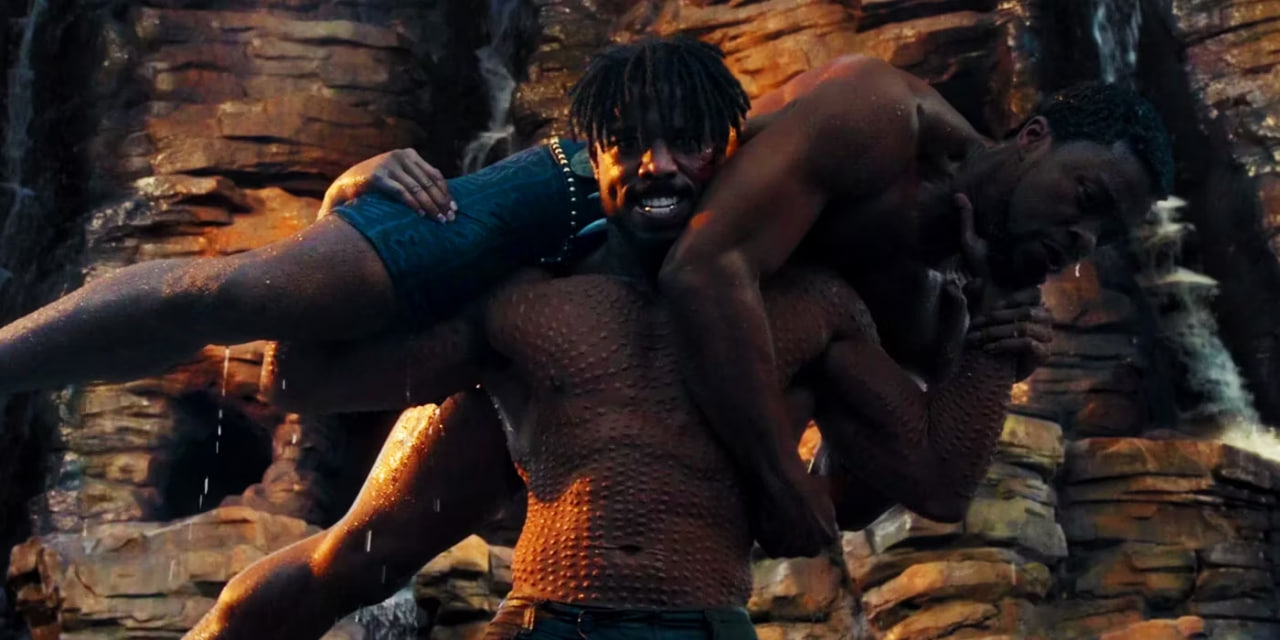
Unlike Wakandans who have primarily grown up in their home country, Erik Killmonger grew up in the United States. This means he had a much better understanding of how colonialism impacted those targeted by it and how it has led to continued injustice towards Black people around the globe. Killmonger isn’t wrong to point out this injustice, or to want Wakanda to use its vast resources to try and help. However, he is wrong about what he considers helping.
Killmonger’s solution would be to have Wakanda use its technological superiority to conquer the world. This would essentially repeat the same methods used by colonizers who originally used advancements in weaponry to impose their will on others. While Killmonger’s version is slightly different, as it is being done in retaliation as opposed to unprovoked, it is still wrong. However, Black Panther makes it clear that T’Challa agreed with at least some of Killmonger’s sentiments, as he decided to create a global outreach program following their conflict.
9. Even Captain America Agreed With Karli Morgenthau, But Then She Killed Innocents
Karli Morgenthau First Appeared In The Falcon And The Winter Soldier (2021)
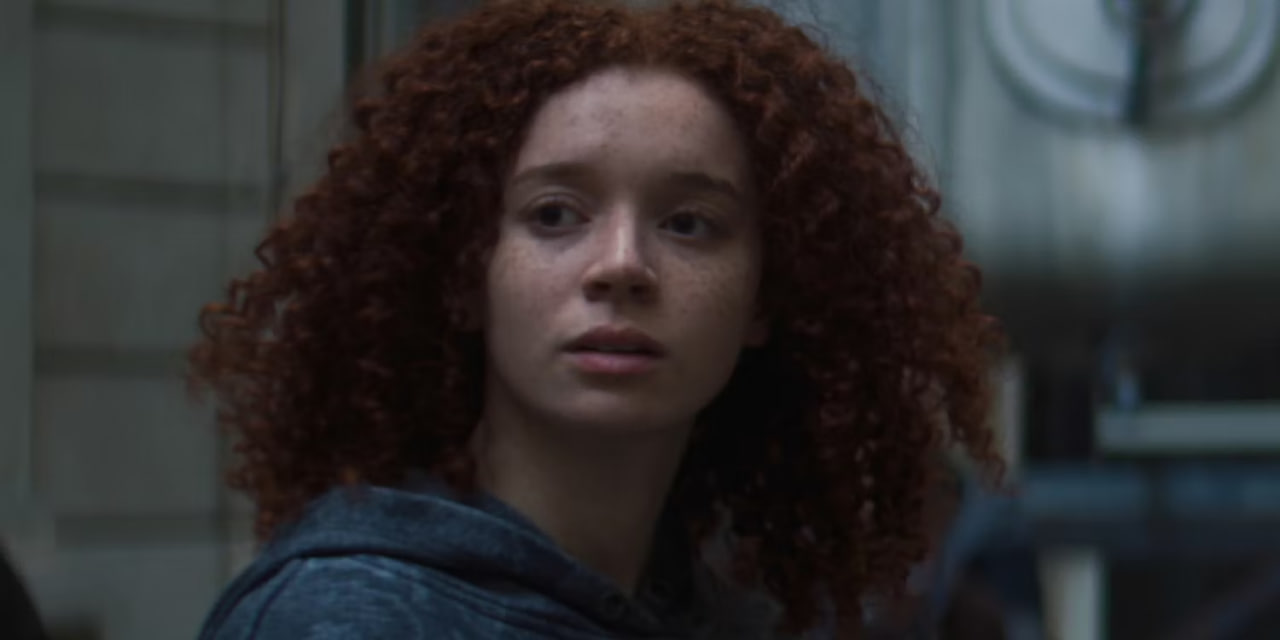
Karli Morgenthau’s reasons for organizing the Flag Smashers were noble. She wanted people displaced by The Blip to have what they needed to survive like they did following The Snap. Sam Wilson, who was experiencing his own Blip-related issues, even agreed that Karli had a good point, just the wrong methods. Fewer things signal a character in the MCU is on the right track than an endorsement from Captain America.
Though Karli had the best of intentions, her methods became far too extreme for her to still be considered heroic. One prime example of Karli taking things too far is when she blew up buildings that she knew had innocent civilians inside. While it was clear nothing would have been done for the refugees displaced by The Blip had Karli not taken any action, the course she ended up taking proved to be the wrong one.
8. Zemo Was Right To Criticize Super Humans’ Sense Of Supremacy, But Wrong About The Avengers
Zemo First Appeared In Captain America: Civil War (2016)
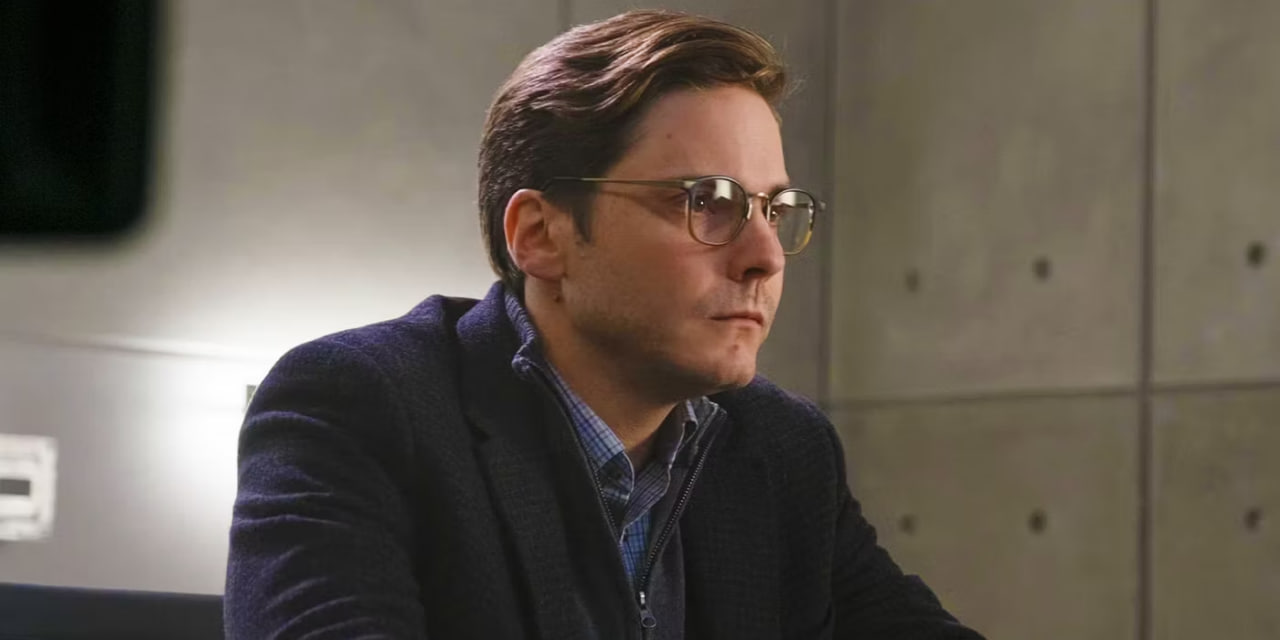
Between Captain America: Civil War and The Falcon and the Winter Soldier, Zemo made it clear that he is strongly opposed to the idea that superhumans should get to decide what’s right and wrong simply because they have power. Seeing as Zemo’s philosophy lines up with one of the most critically acclaimed superhero stories ever, Watchmen, it’s safe to say he has a fair point. Zemo also proves that he isn’t simply looking to take power for himself, as he smashes the super soldier serum when he has a chance to take it.
Although Zemo is correct to oppose a might-makes-right philosophy, he was wrong that the way to confront the Avengers about this was to pit them against each other using a personal angle. This didn’t meaningfully change how the Avengers chose to use their powers; it only had them turn those powers against one another. Presumably, even if this thinned out the numbers of the Avengers, the surviving members would have gone back to business as usual since the conflict Zemo created between Tony and Bucky was based purely on the fact that Bucky killed his mom and not an ideological difference.
7. Thanos Was Right About Resources But Wrong About The Solution
Thanos’ Views Were First Explored In Avengers: Infinity War (2018)
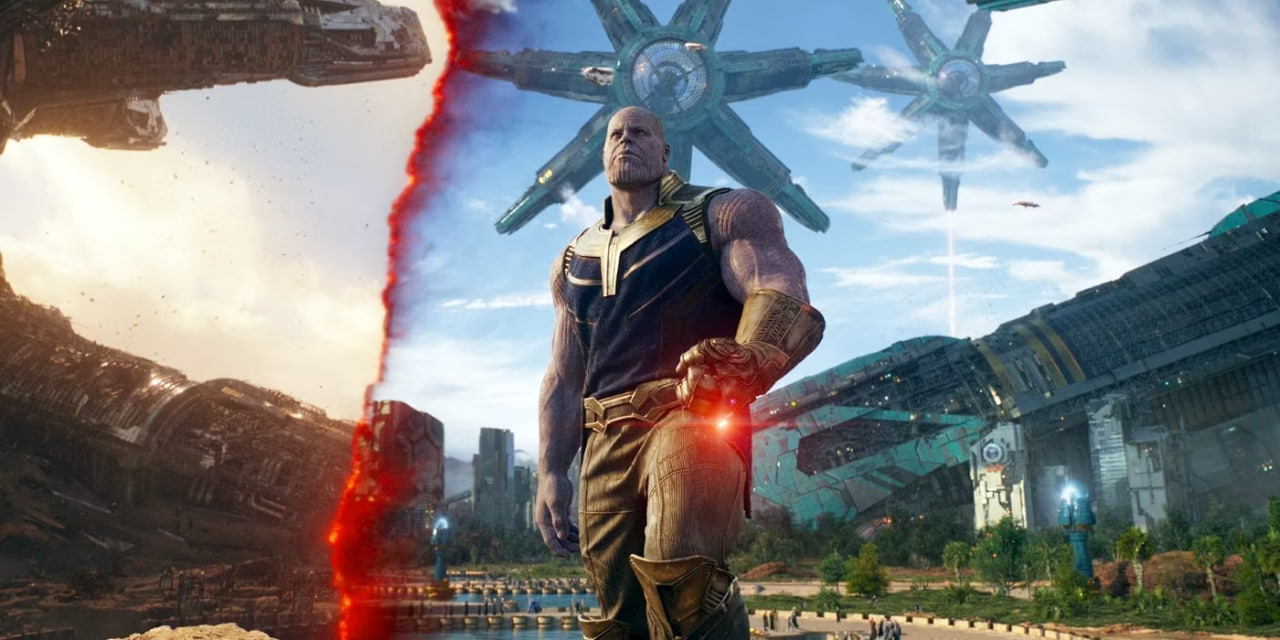
Assuming the rest of the Marvel Universe has the same issues as Earth does with a lack of renewable energy sources, then Thanos was right to be concerned. While not every planet was probably in imminent danger of suffering from scarcity, eventually there would probably come a time when non-renewable resources run out. However, that doesn’t mean Thanos’ solution of killing half of the universe’s population was the right way to go.
The Infinity Stones have nearly limitless power. Thanos himself said in Avengers: Endgame that he planned to create an entire new Universe after wiping out the current one. If Thanos had the capability of creating an entirely new universe, he definitely had the power to just create enough resources for everyone. This obvious solution makes it clear that Thanos didn’t really buy into his reasoning for killing people, he just liked to kill and wanted to find a way to justify it that would position him as a savior.
6. Loki Was Right To Question Thor’s Rule, But Wrong To Think He Could Do Better
Loki First Appeared In Thor (2011)
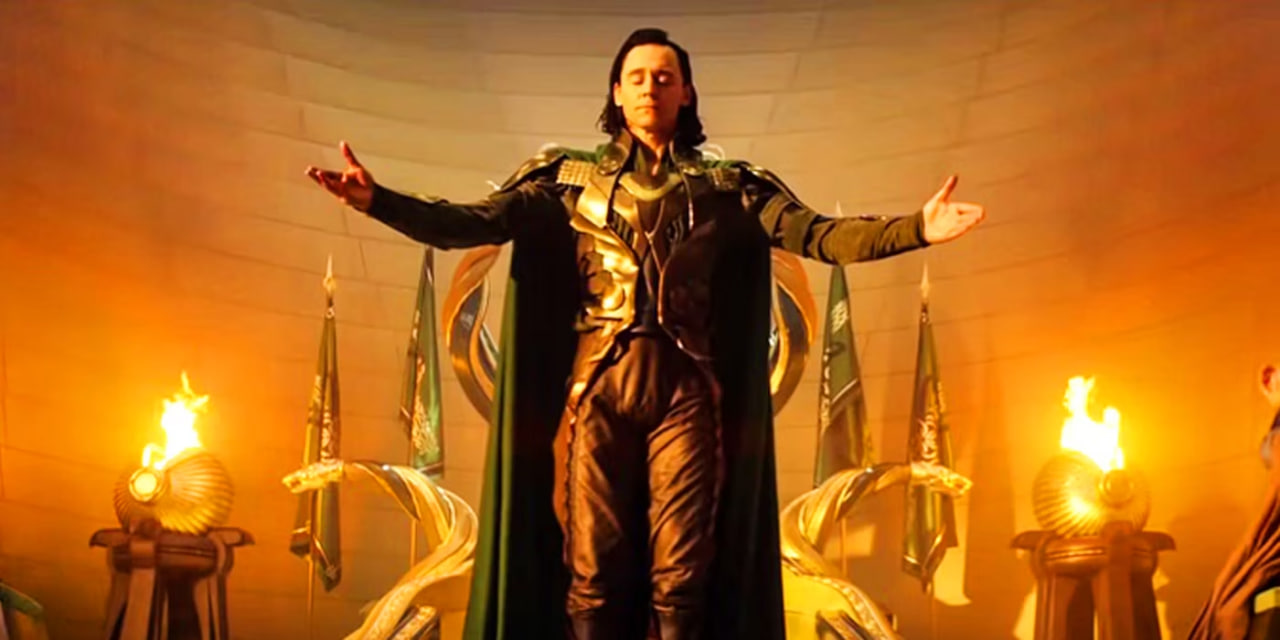
In Thor, Loki is against the idea of Thor becoming King of Asgard. As Thor proves over the course of the MCU after that, being king isn’t really a rule he’s suited for. He even admits it himself by appointing Valkyrie king instead. However, just because Loki accurately predicted that Thor wouldn’t be the right person to rule Asgard, his alternative wasn’t any better.
Loki’s main reason for not wanting Thor to rule is that he wanted to be king instead. This motivation continues into the Thor sequels when Loki disguises himself as Odin and rules Asgard in his stead. Though Loki isn’t shown doing anything too terrible, it is clear that he enjoys being a ruler purely for the admiration and privileges it affords him. When Loki redeems himself later in the movie, he recognizes this, too, standing at Thor’s side instead of trying to lead. Sadly, he’s killed almost immediately after this redemption by Thanos.
5. Sharon Carter Was Right To Be Angry With The Avengers, But Wrong To Lie To Sam And Bucky
Sharon Carter’s Villain Reveal Happens In The Falcon And The Winter Soldier (2021)
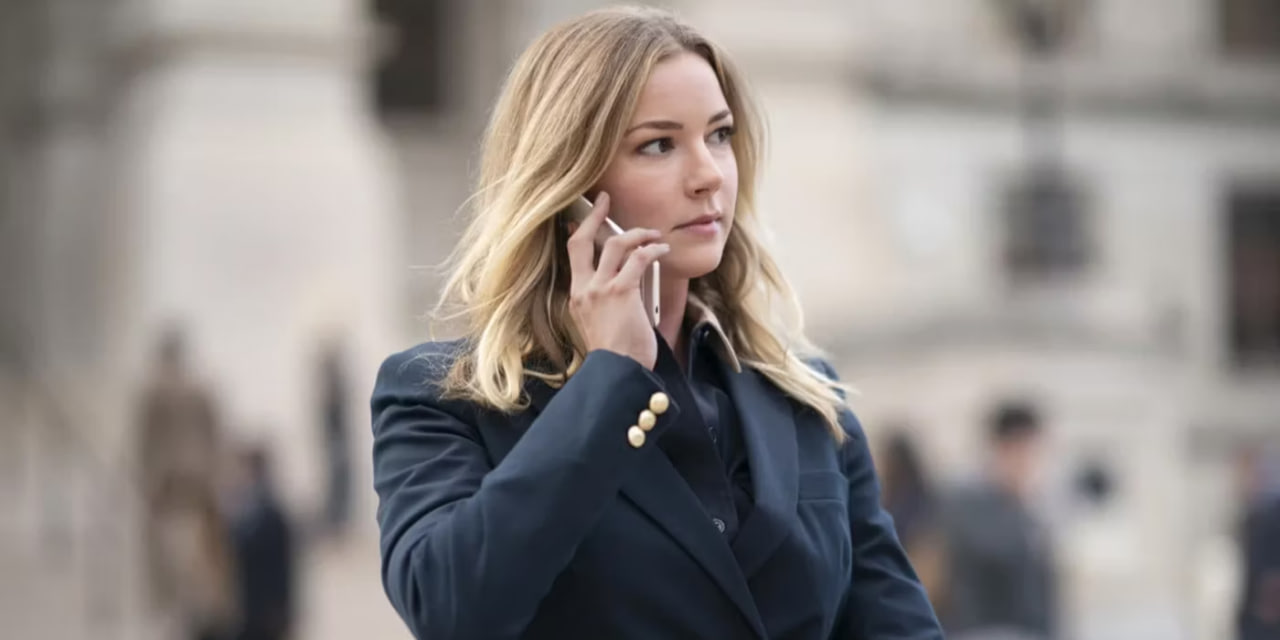
Sharon Carter hasn’t been treated the best by the MCU. Her burgeoning relationship with Steve Rogers was cut short by her need to go into hiding. None of the Avengers sought to help her after that, and Steve decided to go back in time to date her aunt instead. It’s completely understandable that she would be a little angry at the franchise’s main heroes for the way that they treated her, especially when all she ever did was help them.
While it made sense for Sharon to be angry, she probably took things a bit too far by becoming the villainous Power Broker. When offered amnesty by Sam and Bucky, Sharon plays along, but it’s clear she’s happy with her new role as head of a criminal organization. Had she simply been straight with Sam and Bucky, she could have told them who the Flag Smashers were and possibly helped stop them more quickly. Instead, she opted to keep her secrets and kill Karli herself.
4. Namor Was Right That His Land Would Be Exploited, But Wrong To Blame Ironheart
Namor First Appeared In Black Panther: Wakanda Forever (2022)
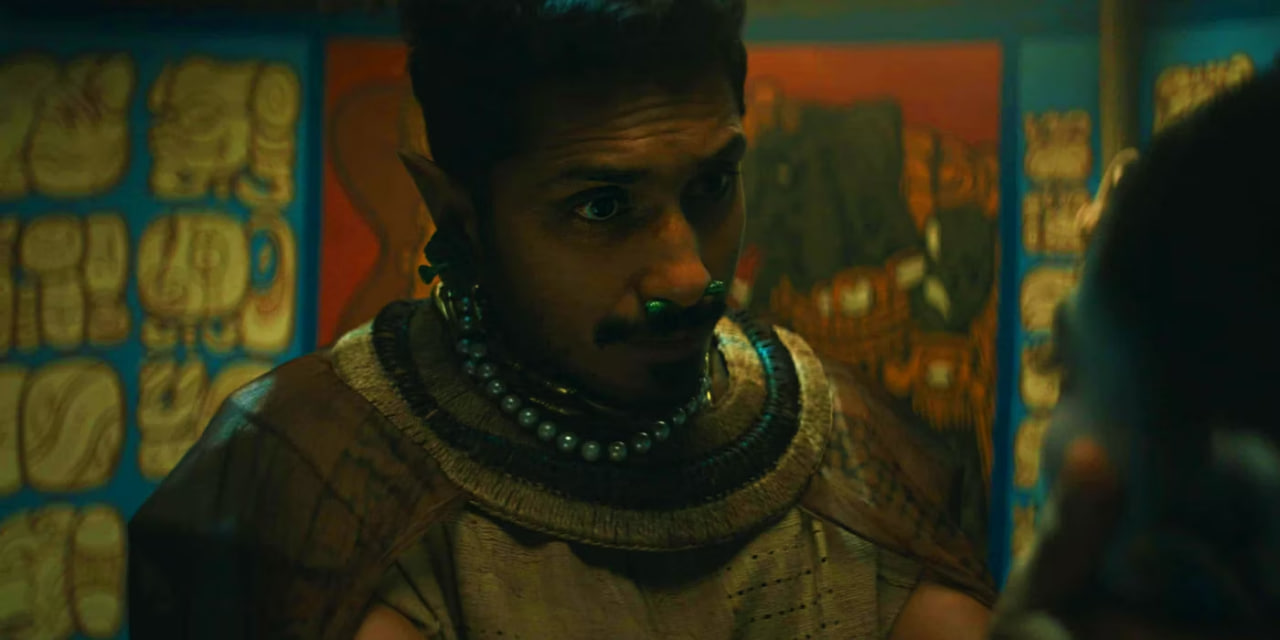
Namor learned from a very young age the way that colonizing forces would exploit people for their labor, land, and natural resources. His decision to keep Talokan hidden from nations that would want to steal their vibranium is likely the right one to keep his people safe. This is all but confirmed in Black Panther: Wakanda Forever when Valentina Allegra de Fontaine expresses how badly she wishes she could do something similar and when CIA operatives try to locate Talokan’s vibranium deposits.
Though Namor is rightfully suspicious of people who would plunder his homeland for vibranium, he was wrong to put so much blame on Riri Williams, aka Ironheart. All Riri did was sell a device to the government. She had no idea how it was going to be used. Namor’s kidnapping of Riri also leads to his conflict with Wakanda and more bad decisions like flooding the nation, which should be his natural ally, and killing their queen.
3. Gorr Was Right To Hate His God, But Wrong To Hate Them All
Gorr First Appeared In Thor: Love And Thunder (2022)
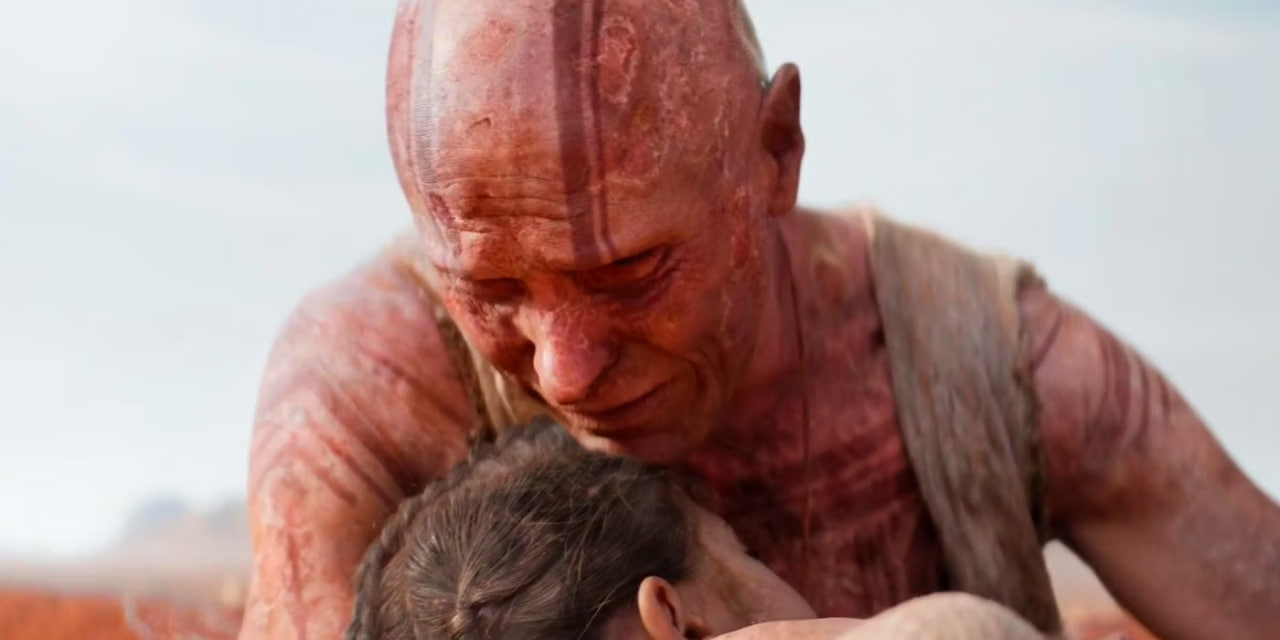
Gorr the God Butcher has one of the more harrowing backstories of any MCU villain. After being stranded without food or water, his daughter dies, and he is on the brink of death himself when he finally encounters his god. Contrary to his belief, his god is not benevolent and doesn’t care at all about him or his people. He even laughs at Gorr’s extreme misfortune. Given everything Gorr went through and the fact that he expected his god to help him, he is well within his rights to hate his god.
While Gorr has good reason to hate his own god, he takes things a step too far by declaring a one-man war against every god in existence. Empowered by the Necrosword, Gorr carries out his mission, killing many gods who had nothing to do with the tragic death of his daughter. This effectively kills any sympathy the audience may have had for Gorr, instead making him seem like any other violent supervillain.
2. Ghost Was Right To Want A Cure But Wrong To Take Cassie Hostage
Ghost First Appeared In Ant-Man And The Wasp (2018)
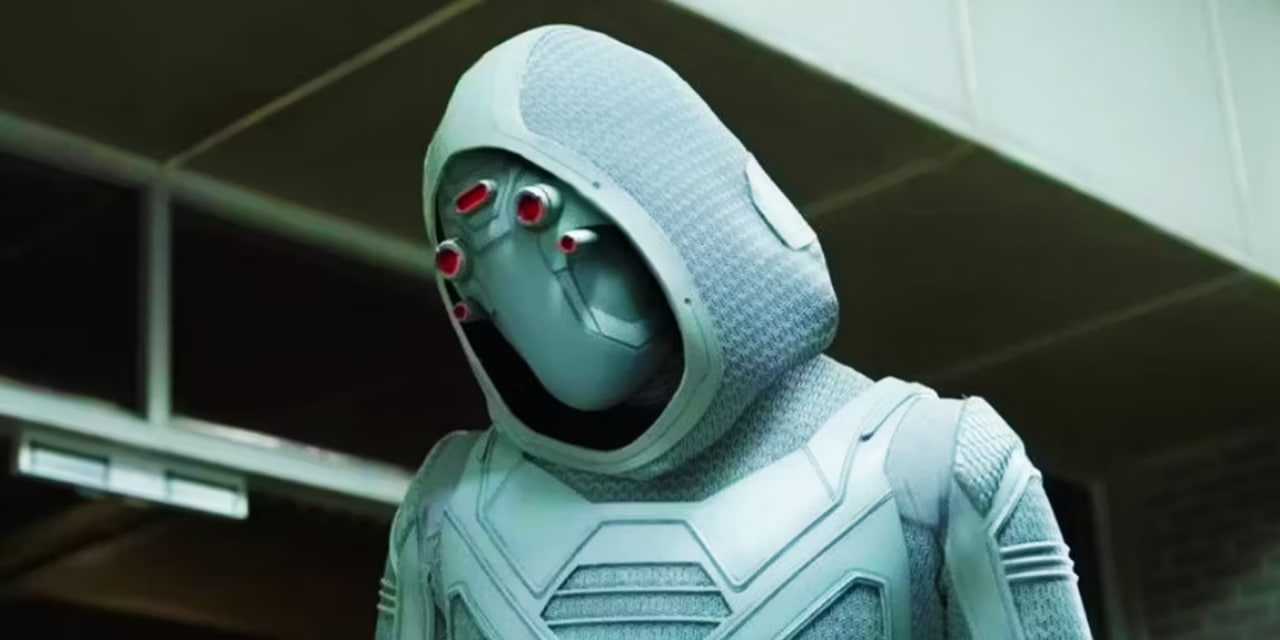
Ghost is able to use quantum energy to pass through solid objects following a failed experiment that killed her parents. However, this power is the result of a condition that will eventually kill Ghost if not treated. SHIELD took advantage of Ghost’s powers, but they did not expend many resources trying to find a cure for her condition. This left Ghost on her own to find a cure. Her only reason for wanting Hank Pym’s Quantum Tunnel is to use it to save herself, making her one of Marvel’s more sympathetic villains.
While Ghost was only trying to cure herself, she did cross the line a few times while trying to do so. Perhaps one of the most notable instances is her plan to kidnap Cassie Lang in order to get Scott to do what she wants. Ghost also wants to drain quantum energy from Janet Van Dyne at one point, even knowing that it could kill Janet. Though it is still hard to blame Ghost for feeling desperate, she definitely loses some sympathy points when she is okay with endangering other people’s lives just to save her own.
1. Thunderbolt Ross Was Right To Crack Down On The Avengers, But Wrong To Lock Them In The Raft
General “Thunderbolt” Ross First Appeared In The Incredible Hulk (2008)
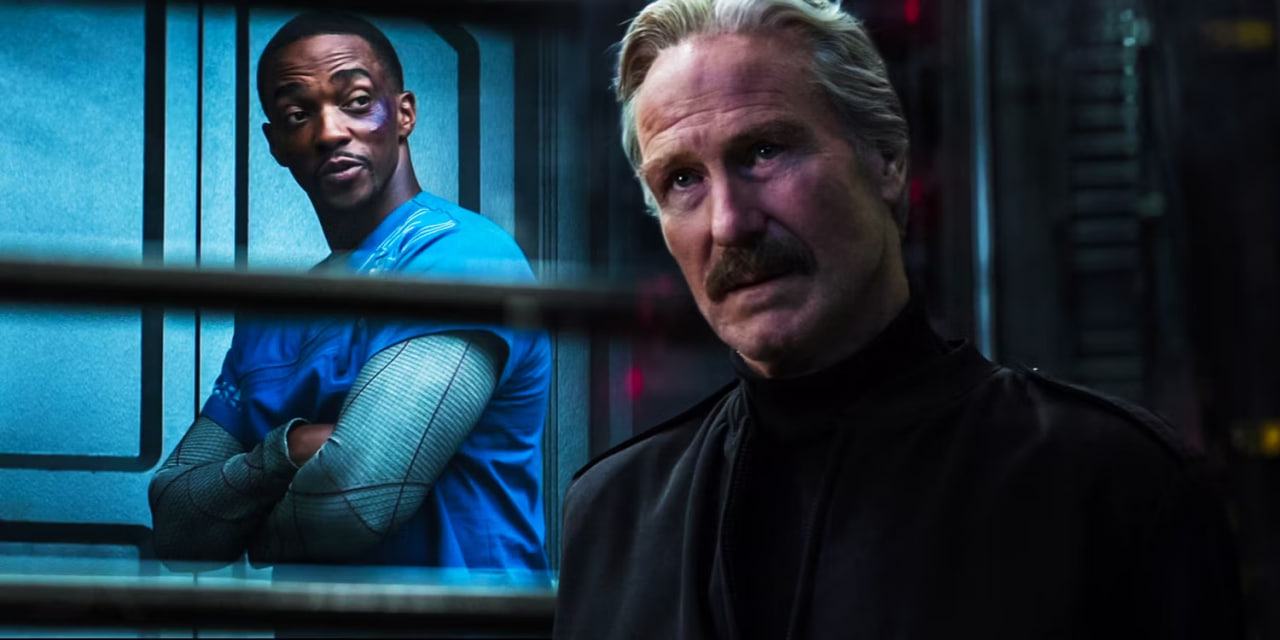
It’s easy to see General Ross’ side of things in Captain America: Civil War. With the Avengers working out of the US, Ross is likely feeling a lot of pressure to make sure they don’t cause an international incident. When they do, he feels it’s his responsibility to try and get them to agree to the Sokovia Accords in order to avoid future problems. Whether or not Ross is on the right side is a matter of opinion, but it is at least easy to see where he’s coming from is intended to be a good place.
Ross doesn’t waste too much time crossing the line, however. As soon as Captain America violates the Accords, Ross has him and Sam Wilson detained, and he locks Bucky in a specially designed cell. Later in the movie, he puts a good chunk of the dissenting MCU heroes in the Raft, a maximum security prison in the middle of the ocean. The prisoners seem to be confined only to tiny cells, which is a pretty inhumane way to treat anyone, let alone people who have saved the world on multiple occasions.
